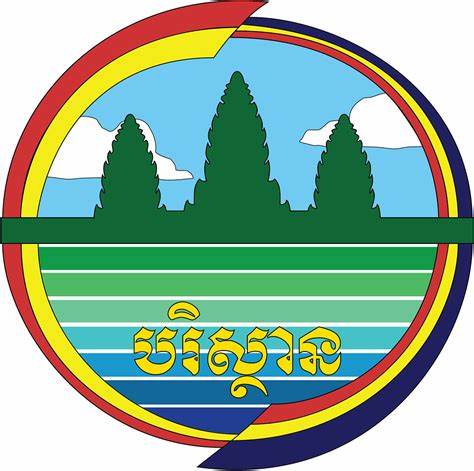Issue Description
Cambodia has a growing waste problem, with more than four million tons of garbage produced per year in 2022, according to the country’s Ministry of Environment (MoE). This amount is estimated to be growing by 10 to 12 % every year. When it comes to plastic bottles specifically, the amount of waste generated is also estimated to be rising dramatically every year, driven by a rising middle class and ensuing consumerist lifestyles, together with the recurring lack of recycling and circular economy options. Cambodia has still not put in place a comprehensive recycling and/or circular economy system.
This means that most, if not all, of the plastic bottles consumed in Cambodia do not have formal recycling options. The only capillary recycling option offered at the moment in Cambodia, particularly in the capital Phnom Penh, is thanks to informal waste collectors who drift around city streets night and day collecting items from household waste and selling them on to larger waste collectors.
Notably, Cambodia’s private sector, the largest contributor of plastic bottle waste as the seller of beverages, is not present enough in providing recycling and/or circular economy solutions, despite encouraging recent progress on testing solutions such as manuals for hotels and water dispensers to reduce the use of plastic bottles. Particularly when considering best practices offered in other developing countries, the private sector needs to be more involved in providing environmentally-friendly solutions to alleviate the creation of plastic bottle waste in Cambodia’s countryside, streets, waterways, and streets. One such solution, already tested and implemented in many countries worldwide, is an Extended Producer Responsibility (EPR) scheme.
An EPR scheme is an environmental policy that makes producers responsible for the entire life cycle of the products that they introduce to the market, from their design until end-of-life (including waste collection and recycling). Under the scheme, liable companies must mitigate the environmental impacts of their products throughout the entire product life cycle, thus providing a valid circular economic alternative to the single use of bottles. This responsibility provides an incentive to reduce waste at the source and promote product design for the environment.
Cambodia does not currently have an EPR scheme, although the MoE’s Sustainable Consumption and Production Roadmap, inaugurated in 2022, included an action to establish EPR schemes by the end of the year.
Impact on business
The lack of an Extended Producer Responsibility (EPR) scheme in Cambodia has a detrimental impact on the environment, particularly on the increasing problem of plastic waste. Without an EPR scheme, the responsibility for managing plastic waste falls mainly on informal waste collectors and the Royal Government, leading to a lack of efficient and effective recycling and waste management systems. The absence of an EPR scheme also means that there are no incentives for producers to reduce plastic waste at the source, leading to the continued production and consumption of single-use plastic. This situation exacerbates the already existing environmental problems in Cambodia, such as pollution of waterways and streets, and threatens the health and well-being of citizens.
Recommendation
- Introduce an EPR scheme in Cambodia.
We therefore respectfully recommend that the MoE accelerate the provisions meant to introduce an EPR scheme, following the study and adoption of best international practices. The introduction and implementation of such a scheme will encourage companies selling products in plastic bottles to consider the end-of-life impacts of their products and put measures to reduce their environmental impact.
Ultimately, this provision will help reduce plastic waste, increase recollection, and improve the environment in Cambodia.
Royal government of Cambodia
Initiative from Eurocham: The issue has been raised by the Green Business Committee within The White Book edition 2024 in the Recommendation No. 33.

The Ministry of Environment on the 18th of March 2025 issued the Prakas 2196/0325 on the Liabilities of Exclusive Electrical and Electronic Manufacturers, Importers or Suppliers for the Collection, and Disposal of Electrical and Electronic Waste. This prakas introduced a scheme were the liabilities of exclusive electrical and electronic manufacturers, or importers or suppliers regarding waste management are now mandatorily. And these entities are required to collect, manage, and process electrical and electronic waste (e-waste) generated from their products after use or disposal.
Manufacturers, importers, and suppliers must report the quantity and types of electrical and electronic products imported and waste collected after use every six months.
E-waste can be treated by a licensed waste management company or re-exported to its country of origin.
For the penalty regime, the prakas refers to the Code of Environmental and Natureal resources code.
You can find the Prakas HERE.
National Counterparts

Ministry of Environment
Issue supported by

Contributors


